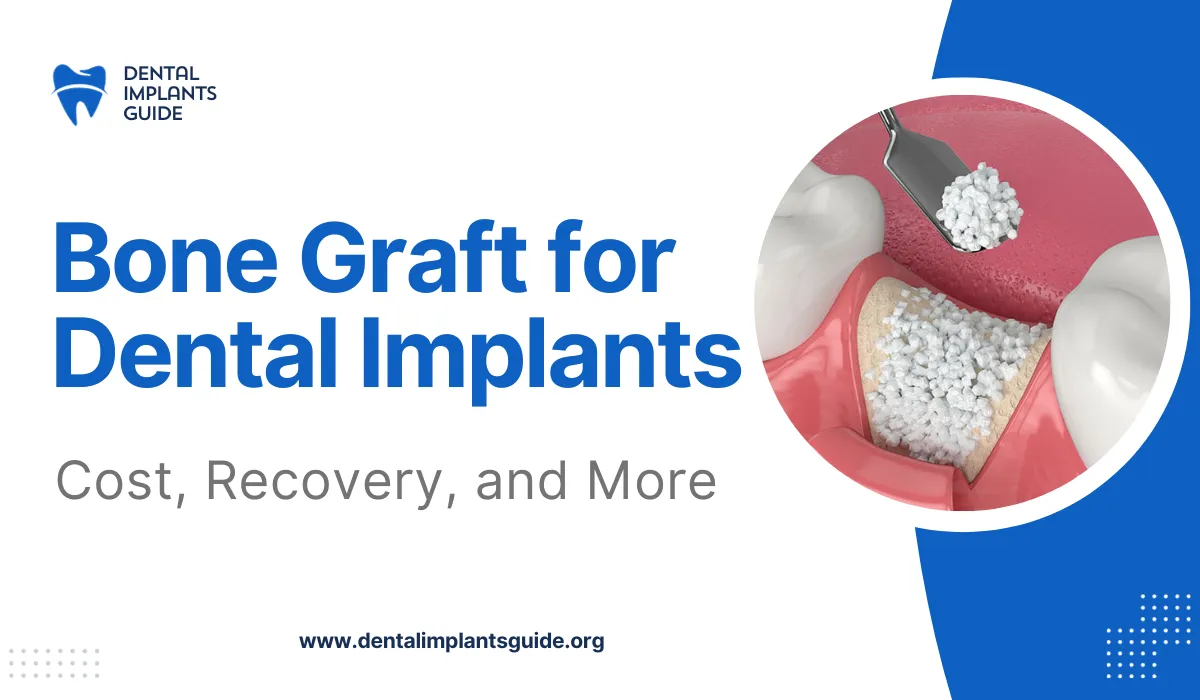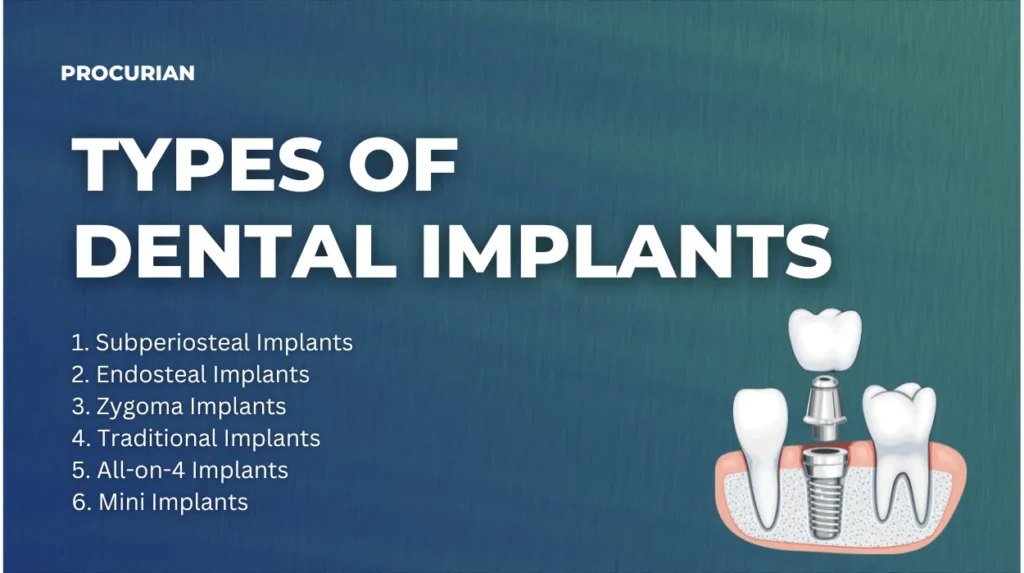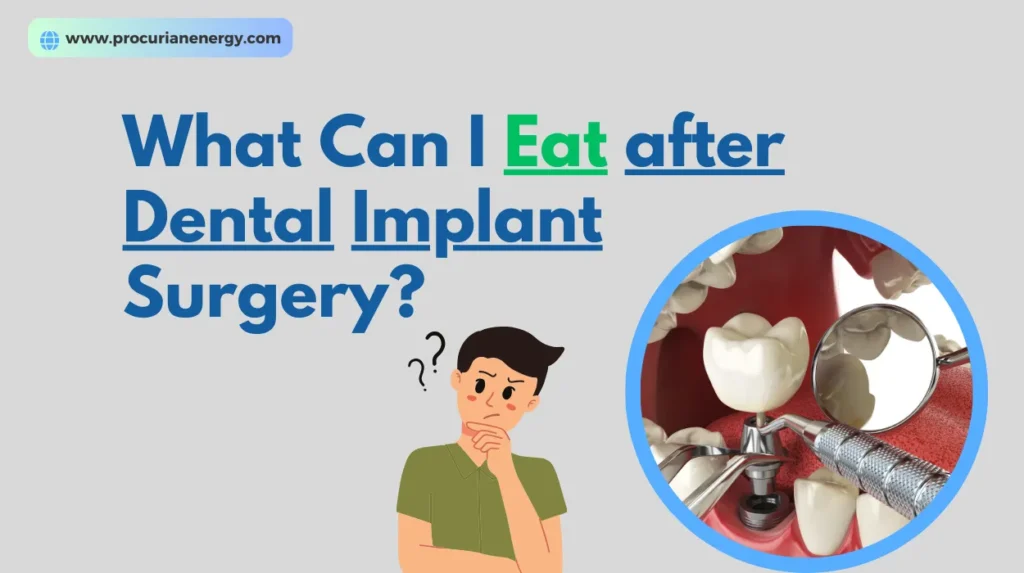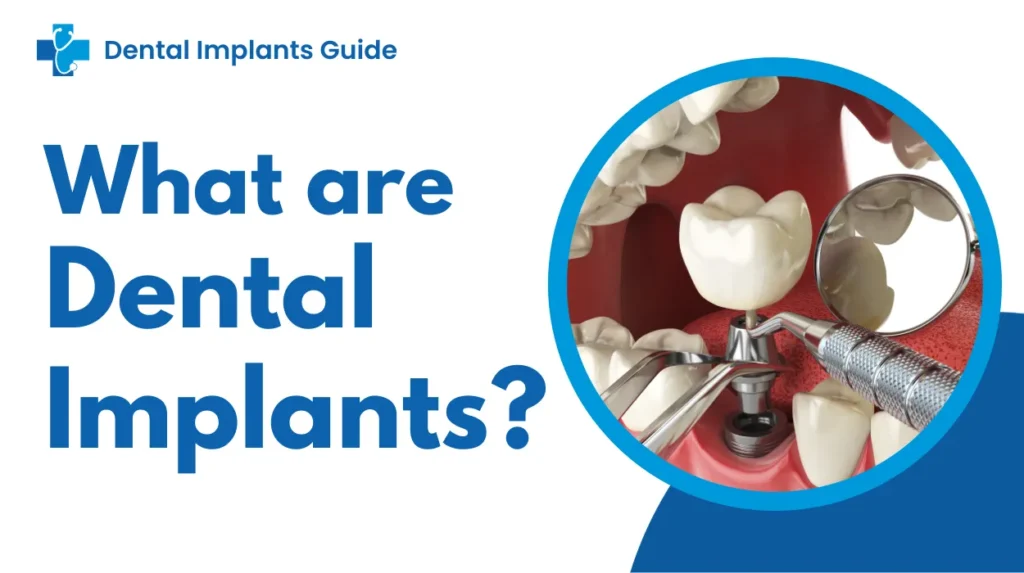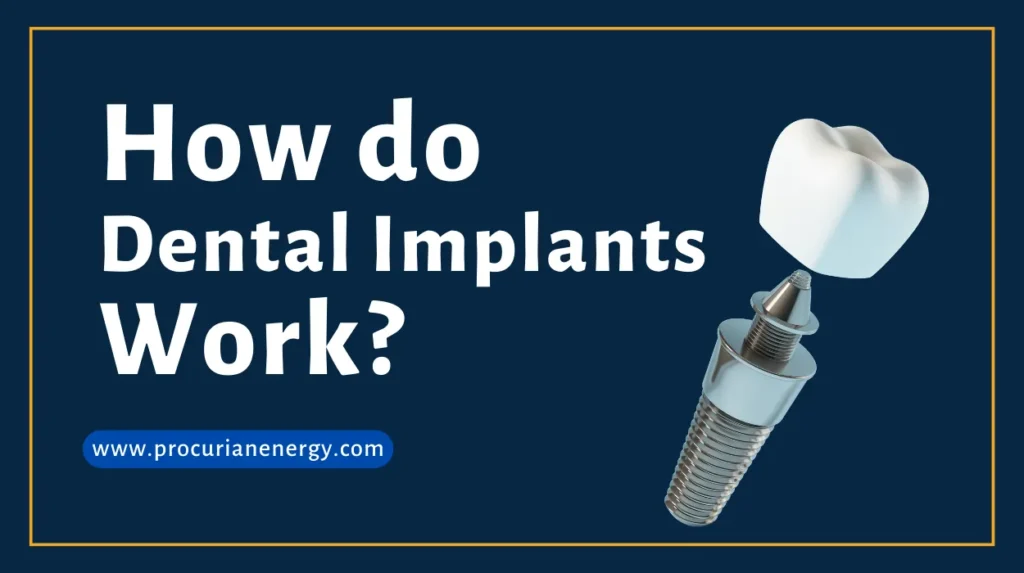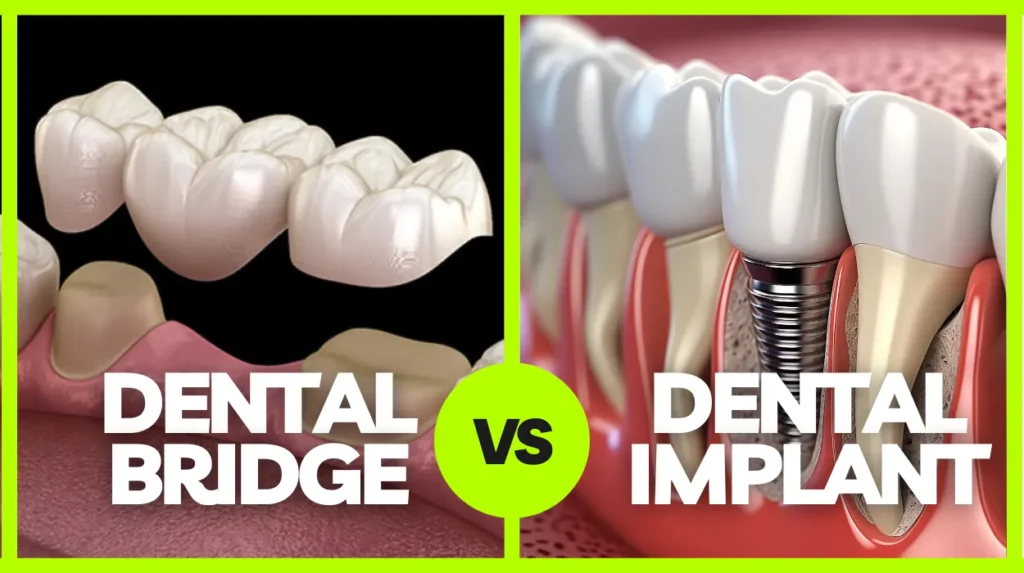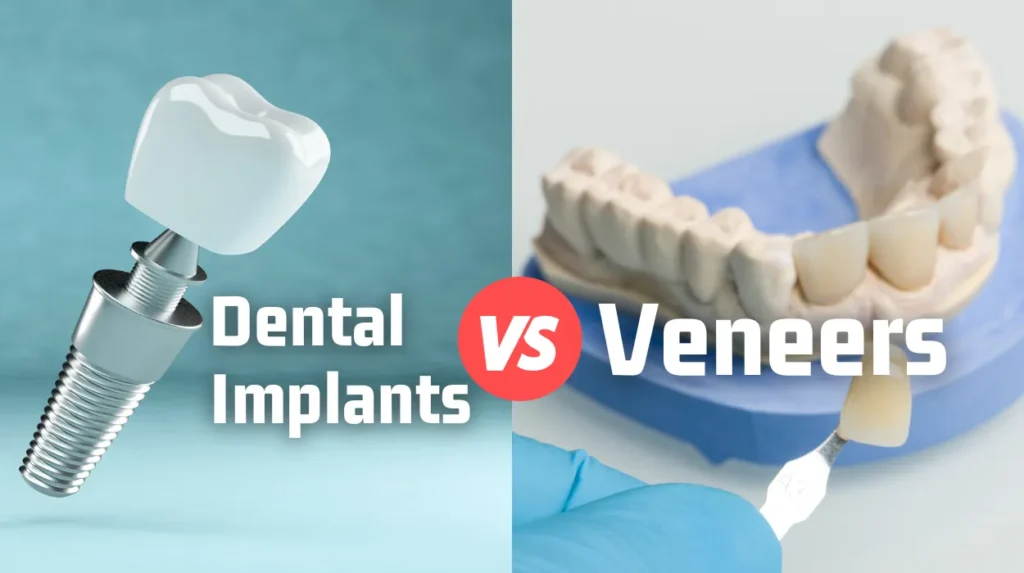
If you’re missing teeth and are considering dental implants, you may need a bone graft first. A bone graft is a procedure that adds bone to the jawbone. This may be necessary if the jawbone is too thin or weak to support a dental implant.
In this article, we’ll cover everything you need to know about bone grafts for dental implants, including the price, recovery period, and risks. We’ll also offer advice on how to get ready for the procedure and recover afterwards.
What is a bone graft for dental implants?
A bone graft is a procedure used to enhance the jawbone in preparation for dental implants. If the jawbone is too fragile or weak to support a dental implant, this might be required.
A patient’s own bone (autograft), bone from a donor (allograft), or artificial bone material (xenograft) can all be used in bone graft procedures.
Related Article ➦
Why might I need a bone graft for dental implants?
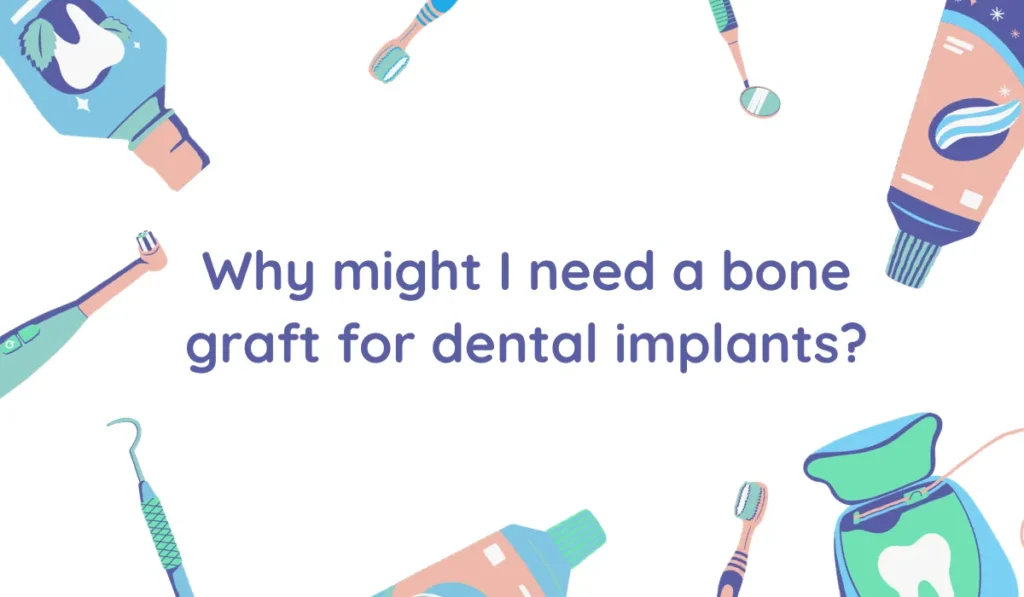
You might need a bone graft for dental implants for a variety of reasons:
⓵ Periodontal disease: The jawbone may lose bone as a result of periodontal disease.
⓶ Tooth loss: The surrounding bone may begin to deteriorate after a tooth is lost.
⓷ Injury: An injury to the jawbone can cause bone loss.
⓸ Birth defects: Some newborns have jawbone-related birth defects.
How is a bone graft for dental implants done?
Depending on the type of bone graft being used, different steps may need to be taken during a bone graft procedure for dental implants.
Autograft ➜ The dentist will take a tiny piece of bone from another part of the body, like the hip or chin, to perform an autograft bone graft. The dental implant site will then receive a bone transplant from this bone.
Allograft ➜ The dentist will use bone from a donor to complete an allograft bone graft. Usually, any bacteria or viruses are removed from this bone through treatment.
Xenograft ➜ The dentist will use synthetic bone material to complete a xenograft bone graft. Typically, this substance is created from ceramic or cow bone.
Synthetic ➜ Some grafts are entirely synthetic and don’t involve using any human or animal bone.
The dentist will cover the bone graft with a membrane and stitches after it has been inserted. The membrane will help in bone graft protection and healing.
Cost of a bone graft for dental implants
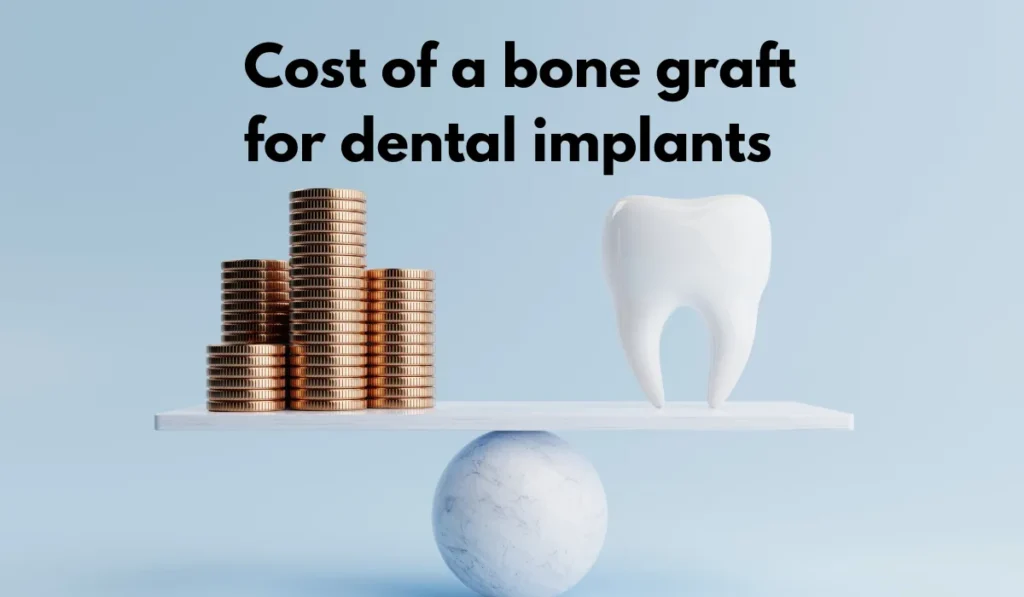
The cost of a bone graft for dental implants will vary depending on the type of bone graft used, its size, and the location of the procedure.
| Type of bone graft | Cost |
|---|---|
| Autograft | $2,000-$4,000 |
| Allograft | $1,000-$2,000 |
| Xenograft | $500-$1,000 |
| Synthetic | $250 to $1,000 |
Side effects of bone graft for dental implants
There are some side effects that can happen after a bone graft, but they are usually mild and go away on their own after a few days. The most common side effects are:
- Pain
- Swelling
- Bruising
- Bleeding
- Difficulty chewing and speaking
In rare cases, more serious side effects can happen, such as:
- Infection
- Nerve damage
- Rejection of the bone graft
- Failure of the bone to heal
Pros and Cons of bone graft for dental implant

Pros of Bone Graft for Dental Implants
| Pros | Explanation |
|---|---|
| Strong Foundation | Helps create a sturdy base for your dental implant. |
| Improved Success Rate | Increases the chances of a successful implant. |
| Natural-Looking Smile | Results in a natural-looking and functional tooth. |
| Preserves Facial Shape | Maintains your facial structure by preventing bone loss. |
| Versatile Solution | Suitable for various types of bone and implant cases. |
Cons of Bone Graft for Dental Implants
| Cons | Explanation |
|---|---|
| Additional Procedure | Requires an extra surgery, adding time and cost to the process. |
| Extended Healing Time | The graft needs time to solidify, delaying the implant placement. |
| Possible Complications | Infection, graft failure, or other risks may arise. |
| Increased Cost | Can be expensive, especially if multiple grafts are needed. |
| Allergic Reactions (Rare) | In very rare cases, some individuals may have allergic reactions to graft material. |
Is a bone graft necessary for a dental implant?
Not everyone needs a bone graft for a dental implant. However, if your jawbone is too thin or weak to support a dental implant, you may need a bone graft first.
How long does it take to recover from a dental bone graft?
Normally, it takes 4-6 months to fully recover from a dental bone graft. The recovery time from a dental bone graft will vary depending on the type of bone graft that was used and the size of the bone graft.
Autograft bone grafts typically have the longest recovery time, followed by allograft bone grafts and xenograft bone grafts.
Here are some tips for recovering from a dental bone graft:
- Get plenty of rest.
- Eat a healthy diet.
- Avoid smoking and drinking alcohol.
- Take any medications that your dentist prescribes.
- Keep the area clean and dry.
- Avoid chewing on the side of your mouth where the bone graft was performed.
What is the failure rate of dental implants with bone graft?
The failure rate of dental implants with bone graft is very low, around 2-5%. This means that 95-98% of dental implants placed in bone grafts are successful.
What not to eat after bone graft surgery?
After bone graft surgery, it is important to avoid eating foods that are hard, chewy, or sticky. These foods can irritate the surgical site and delay healing.
Here are a few specific foods to avoid after bone graft surgery:
- Hard foods, such as nuts, seeds, and popcorn
- Chewy foods, such as beef jerky, taffy, and gum
- Sticky foods, such as candy, caramel, and marshmallows
- Spicy foods
- Hot foods
- Acidic foods, such as citrus fruits and tomatoes
Instead, focus on eating soft foods that are easy to chew and swallow. Some good options include:
- Yogurt
- Pudding
- Applesauce
- Mashed potatoes
- Soups
- Smoothies
- Protein shakes
What questions should I ask my dentist about the cost of a bone graft for dental implants?
Here are some questions you should ask your dentist about the cost of a bone graft for dental implants:
- How much does the bone graft cost?
- What are the different types of bone grafts available?
- Which type of bone graft do you recommend for me?
- Will my insurance cover the cost of the bone graft?
- Do you offer any financial assistance options for bone grafts?
FAQs
What is a bone graft for dental implants?
A bone graft for dental implants is a procedure that adds bone to the jawbone.
How much does a bone graft for dental implants cost?
The cost of bone grafts for dental implants:
Autograft: $2,000-$4,000
Allograft: $1,000-$2,000
Xenograft: $500-$1,000
Synthetic: $250 to $1,000
What are the different types of bone grafts for dental implants?
The three main types of bone grafts for dental implants are autograft, allograft, and xenograft.
Is the bone grafting procedure painful?
No, you’ll receive anesthesia to ensure you don’t feel pain during the procedure.
How long does the bone grafting process take?
The initial healing period takes a 3 to 4 months, and the complete process may take up to a year.
Can I eat normally after a bone graft?
Initially, stick to soft foods, but you can gradually return to your regular diet.
Are there age restrictions for getting a bone graft and dental implants?
Age is not typically a barrier, but overall health and bone quality are considered.
Can I get multiple dental implants with one bone graft?
Yes, one graft can sometimes support multiple implants.
Final Thoughts
A bone graft may be required as part of the dental implant procedure. Getting dental implants can change your life. The increased stability and beauty of your new teeth often make it worthwhile, even though it does increase the overall cost and recovery time.
Keep in mind that maintaining good oral health is an investment in your overall health, so it is worth the time to do it right. Don’t be afraid to contact your dentist if you have any queries or worries. They are there to assist you in achieving a radiant, healthy smile.
